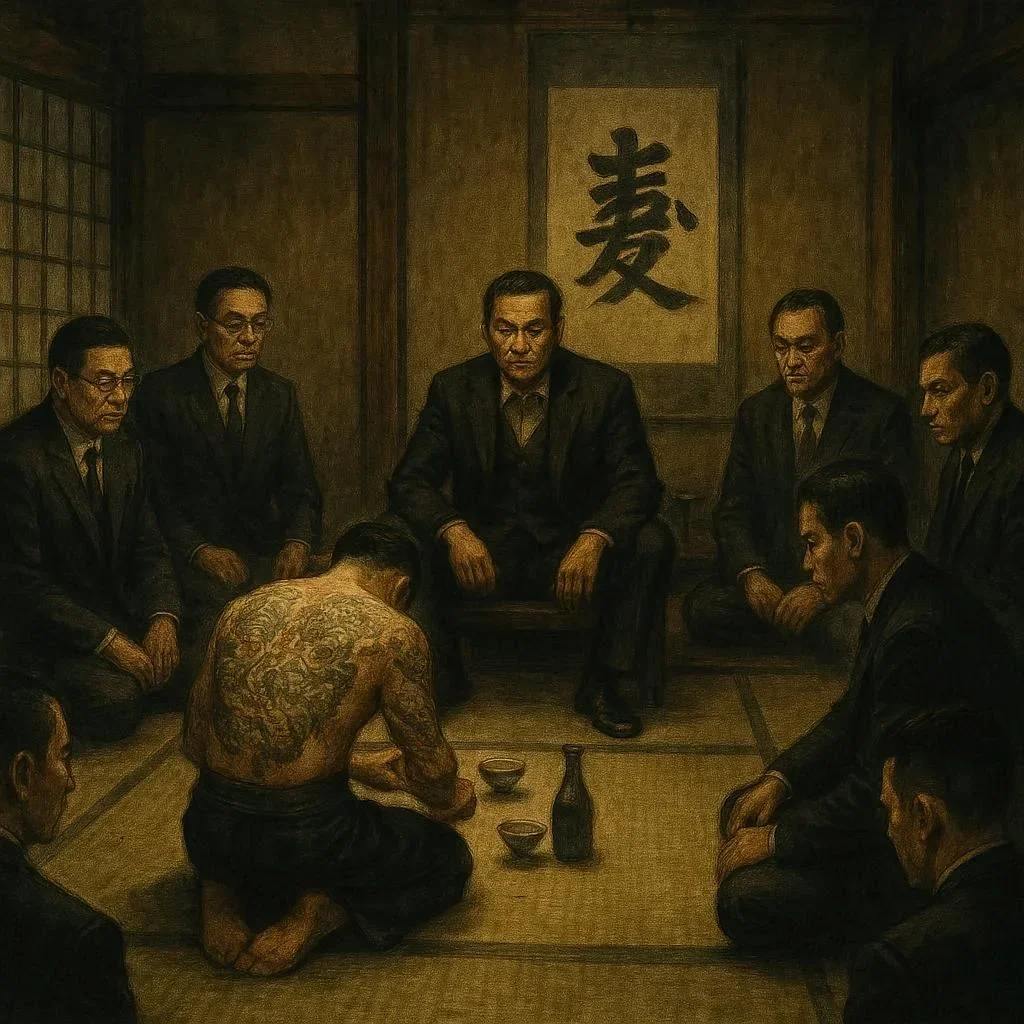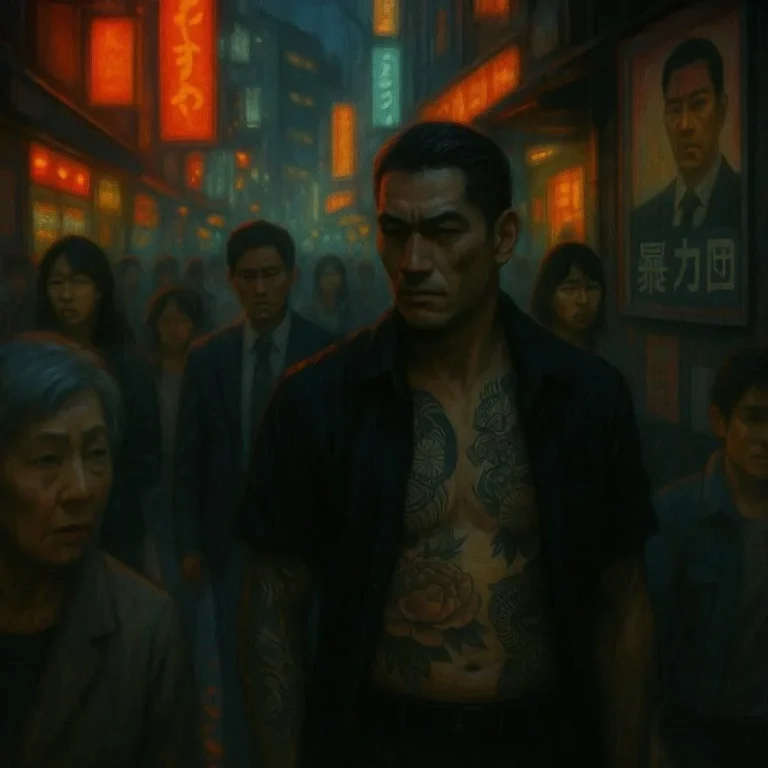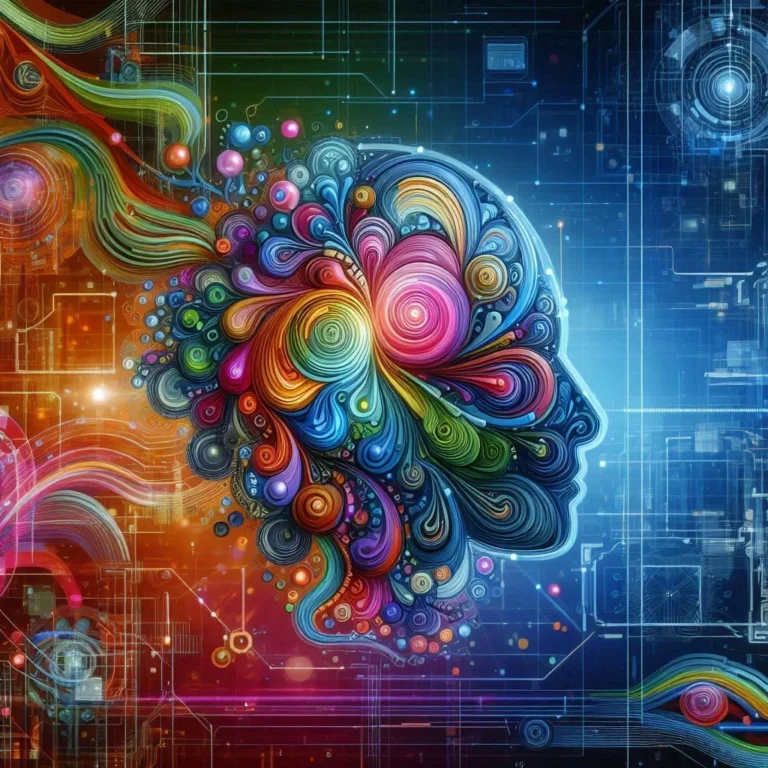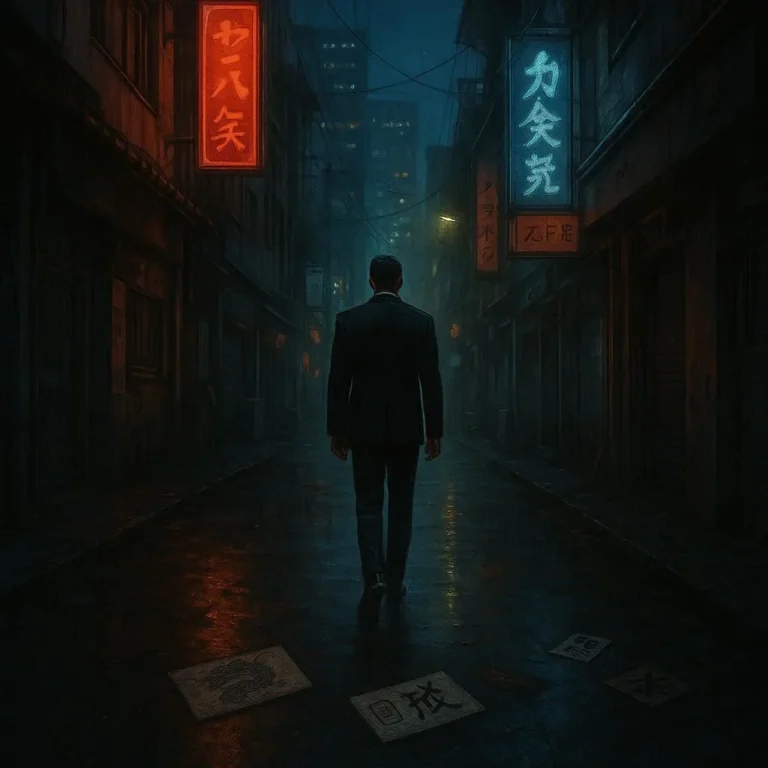507 views The Future of the Yakuza: Fade or Transformation?
The Yakuza, Japan’s iconic organized crime syndicates, have long been a subject of intrigue and fascination. For decades, they have operated as a powerful underground force, blending elements of tradition with criminal enterprise. However, as Japan faces rapid societal changes, technological advancements, and evolving legal frameworks, the Yakuza’s role in the modern world is increasingly under question. This blog explores the future of the Yakuza, examining whether they will fade into obscurity or transform into something new.
The Historical Context of the Yakuza
To understand the future of the Yakuza, it’s essential to first grasp their origins and historical significance. The Yakuza trace their roots back to the 17th century, emerging as a loose collection of gamblers, outcasts, and disgraced samurai. Over time, these groups coalesced into organized criminal syndicates, adopting a strict code of conduct known as *giri-ninjo* (duty and emotion). This code emphasized loyalty, honor, and the resolution of conflicts without involving law enforcement.
The Yakuza’s influence grew throughout the 20th century, with their activities expanding into extortion, drug trafficking, and prostitution. Despite their criminal enterprises, they were often romanticized in Japanese popular culture, portrayed as noble outlaws in films, literature, and even manga. This duality—simultaneously feared and revered—has been central to the Yakuza’s enduring presence in Japanese society.
The Decline of the Yakuza’s Traditional Power
In recent years, the Yakuza’s grip on Japan has begun to weaken. Several factors have contributed to this decline, including increased legal crackdowns, changing societal attitudes, and the rise of international organized crime groups.
Legal Crackdowns
The Japanese government has launched a series of anti-Yakuza campaigns, introducing stricter laws and penalties for organized crime activities. The 1992 Law to Punish Organized Crime and Control Criminal Proceeds, also known as the Anti-Boryokudan Law, was a significant turning point. This legislation targeted the Yakuza’s financial networks, making it harder for them to launder money and engage in legitimate businesses.
Changing Societal Attitudes
Japan’s younger generations are increasingly rejecting the Yakuza’s traditional values. The idea of *giri-ninjo*—once seen as a noble code—now resonates less with modern Japanese youth, who prioritize individualism and material success over loyalty to a criminal organization. Additionally, the Yakuza’s association with violence and extortion has led to growing public distrust, particularly in urban areas where their activities are more visible.
Rise of International Crime Groups
The Yakuza’s traditional dominance has also been challenged by the rise of international organized crime groups, such as Chinese triads and Russian mafia. These groups have exploited Japan’s growing openness to global trade and tourism, expanding their influence in sectors like drug trafficking and cybercrime. The Yakuza, with their rigid hierarchical structure and adherence to outdated codes, have struggled to compete with these more agile and ruthless competitors.
The Transformation of the Yakuza
While the Yakuza’s traditional power is waning, it’s unlikely that they will disappear completely. Instead, they are undergoing a significant transformation, adapting to the changing landscape in ways that allow them to survive and even thrive in modern Japan.
Diversification into Legitimate Businesses
One of the most notable trends in the Yakuza’s transformation is their diversification into legitimate businesses. While they continue to engage in illegal activities, they have also invested in sectors such as real estate, construction, and entertainment. For example, some Yakuza groups have established front companies in the construction industry, leveraging their connections to secure contracts and intimidate competitors.
Expansion into Cybercrime
The Yakuza has also embraced the digital age, expanding into cybercrime and online activities. This includes everything from hacking and online extortion to cryptocurrency fraud. The anonymity of the internet has provided the Yakuza with new opportunities to operate undetected, evading law enforcement and reaching a global audience.
Alignment with International Crime Networks
In response to the rise of international crime groups, the Yakuza has begun forming alliances with global criminal networks. These partnerships allow them to expand their operations beyond Japan’s borders, engaging in transnational crimes like drug trafficking and human smuggling. This shift towards global cooperation marks a significant departure from the Yakuza’s traditionally insular approach.
Rebranding and Media Influence
The Yakuza has also sought to rebrand themselves, embracing a more modern and polished image. They have capitalized on their cultural significance, collaborating with filmmakers, musicians, and other artists to present a sanitized version of their history and activities. This rebranding efforts aim to appeal to younger generations and distance the Yakuza from their violent reputation.
The Cultural Impact of the Yakuza’s Transformation
The Yakuza’s transformation is not just about survival; it also reflects broader changes in Japanese culture and society. As the Yakuza evolves, their cultural significance is being redefined, raising questions about their place in modern Japan.
The End of the Yakuza’s Romantic Image
For decades, the Yakuza have been portrayed as noble outlaws in Japanese media, embodying a romanticized version of honor and loyalty. However, this image is fading as the Yakuza’s violent and exploitative practices become more exposed. The rise of true crime documentaries and investigative journalism has painted a more nuanced picture of the Yakuza, revealing the human cost of their activities.
The Yakuza in Popular Culture
Despite the erosion of their romantic image, the Yakuza remains a popular subject in entertainment. Films like *Battle Royale* and *Outrage* continue to explore the Yakuza’s complexities, while video games like *Yakuza: Like a Dragon* offer immersive narratives that delve into their world. However, these portrayals often emphasize the Yakuza’s decline, reflecting their diminishing influence in modern society.
The Yakuza’s Role in Modern Japan
As the Yakuza transforms, their role in modern Japan is becoming increasingly ambiguous. While they were once seen as a parallel authority in some regions, their influence is now waning. This shift has left a power vacuum that other criminal groups and even corrupt government officials have exploited. The Yakuza’s transformation, therefore, is not just about their own survival but also about how they navigate a changing social and political landscape.
The Future of the Yakuza
The Yakuza’s future is uncertain, with their path forward likely to be shaped by a combination of internal adaptation and external pressures. While some predict their eventual decline, others argue that they will endure in some form, evolving to meet the challenges of the 21st century.
The Possibility of Fade
There are compelling arguments that the Yakuza’s time is coming to an end. Legal crackdowns, changing societal attitudes, and the rise of international crime groups all threaten their traditional power base. As the Yakuza’s influence wanes, their cultural significance may also diminish, reducing them to a relic of Japan’s past.
The Possibility of Transformation
On the other hand, the Yakuza’s ability to adapt and transform suggests that they will endure in some form. By diversifying their activities, forming global alliances, and rebranding their image, the Yakuza can continue to thrive in a rapidly changing world. Their transformation may involve embracing new technologies, expanding into new markets, and even distancing themselves from their criminal roots.
Conclusion
The future of the Yakuza is a complex and multifaceted issue, reflecting broader changes in Japanese society and the global criminal landscape. While their traditional power is certainly in decline, their ability to adapt and transform suggests that they will endure in some form. Whether they fade into obscurity or continue to evolve remains to be seen, but one thing is certain: the Yakuza’s story is far from over.
As Japan continues to grapple with the challenges of modernization, the Yakuza’s transformation will likely be shaped by a combination of internal innovation and external pressures. Their future may involve a departure from their criminal roots, embracing new opportunities while clinging to their cultural heritage. In the end, the Yakuza’s ability to redefine themselves will determine whether they remain a relevant force in the 21st century or become a relic of Japan’s past.






